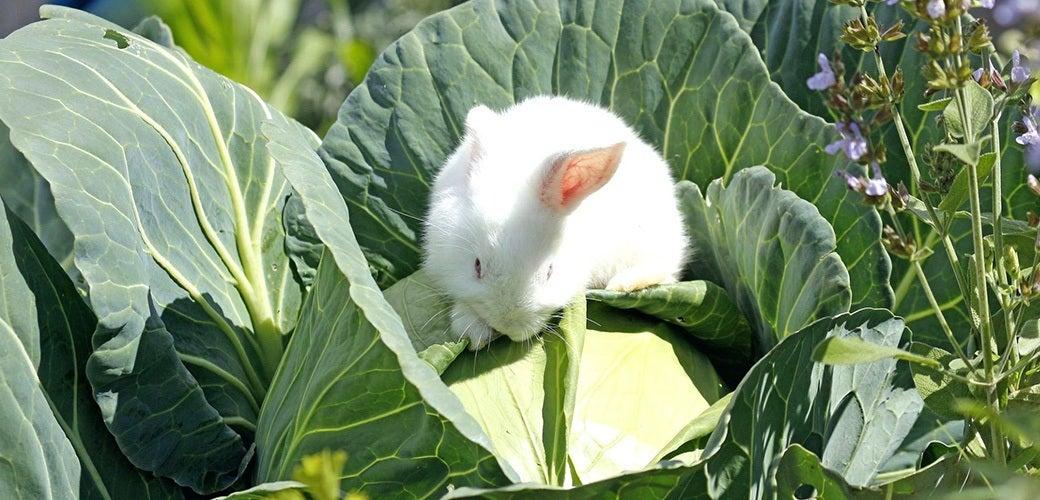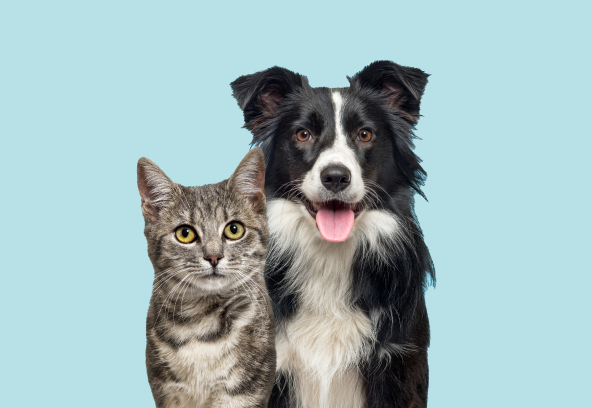
Rabbit Diet

A good diet is essential for the health of your rabbit but it can be hard to know exactly what you should be feeding your pets...
Knowing what to feed your pet rabbit is essential. Although good nutrition can’t prevent disease, it can lower the chances of disease. As well as this, there are direct links between the diets of rabbits and their risk of dental disease. So, what should you be feeding your bunny?
A rabbit’s diet should be made of good quality pellets, fresh hay, oat hay, water and fresh treats. Anything other than this is considered a ‘treat’ and should be given in limited quantities. Here’s a handy breakdown to keep in mind:
- Hay: 75-80% of their diet. Hay provides rabbits with fibre and calories. It also stimulates gut motility and controls cecal fermentation. Hay is really important for maintaining healthy teeth and gut in rabbits.
- High fibre pellets - 20% of their diet. Pellets are a source of calories, proteins, vitamins, minerals and essential fatty acids. However, care must be taken when feeding pellets. Pellets should be limited and not fed in isolation. It’s easy to overfeed pellets if they aren’t measured, but since they lack the benefits of hay or veggies, it is best to pair them with others.
- Green veggies - 5 - 15% of their diet. Greens provide vitamins, minerals and water. You should aim for a diversity of nutrient sources though, so look at lists of approved veggies.
- Water - your rabbit should be able to drink fresh, clean water at any time.
- Cecal pellets - your rabbit’s cecals provide essential amino acids and are a crucial energy source - yep, they will eat their own poop! If your rabbit isn’t producing cecals, you should get in contact with your vet.
- Treats - 0 - 5% of their diet. Too many treats can turn rabbits away from healthy food so make sure you limit how many treats you give your bunnies. A high sugar diet can also grow more harmful bacteria which could lead to painful gas or GI Stasis.
As with all dietary changes, you should double check with your vet that what you’re feeding your rabbit is right for them.
Hopefully with these tips you can not only diversify what you feed your rabbit every day, but make sure you’re fulfilling their nutritional requirements.

